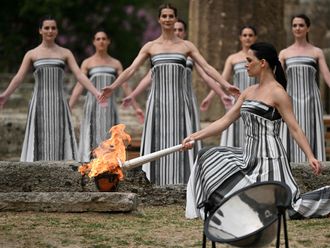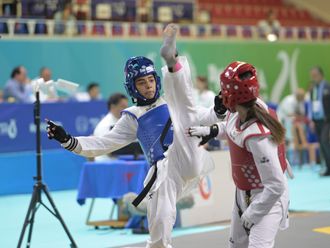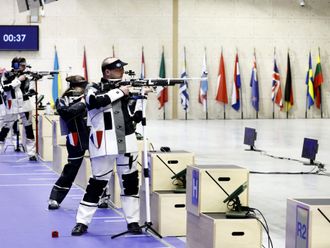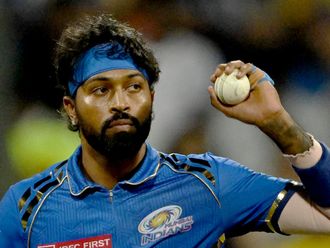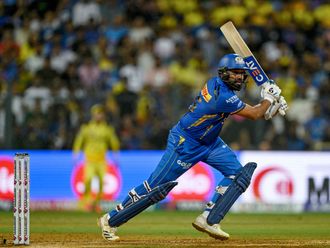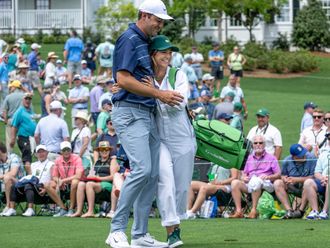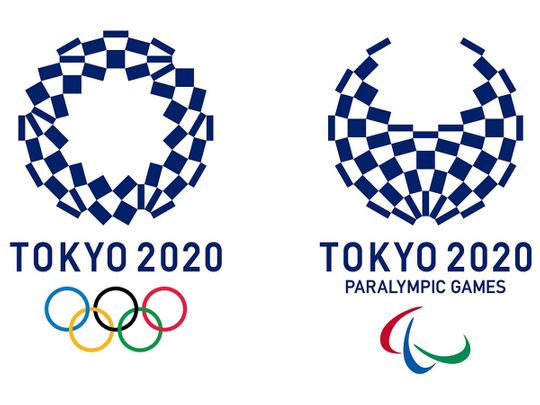
Tokyo: Japanese Prime Minister Shinzo Abe told parliament the Tokyo 2020 Olympics would not be cancelled or postponed despite fears about the novel coronavirus that has infected tens of thousands and cast a shadow over travel and tourism in Asia.
The Olympic torch is set to arrive in northern Miyagi prefecture in six weeks, heralding the start of the Games four months later, on July 24. But travel restrictions have already begun to affect some of the qualifying events.
“I want to make it clear that the Organising Committee and the International Olympic Committee are not holding any discussions whatsoever about whether or not to hold the Tokyo Games,” Abe told parliament Thursday.
Abe threw his weight behind the capital’s bid to stage the Summer Games for the second time, and Japan is relying on the Olympics to help bolster the economy. Those financial benefits are being thrown into doubt amid restrictions on travel from China, and calls for a further clampdown.
Responding to questions in parliament, Abe said an International Olympic Committee project review meeting next week would not be discussing conditions for actually holding the Olympics. He added that he wanted to work closely with the Japan Olympic Committee and the Tokyo Metropolitan Government to press ahead with preparations for the event.
Recent history shows there’s a show-must-go-on mentality when it comes to the Olympics. A public health emergency declared by the World Health Organisation over the Zika virus in the months before the Olympics in Rio de Janeiro didn’t lead to a scrapping of the 2016 Games.
The organisers of Tokyo’s annual marathon, set to be held March 1, announced that residents of mainland China who had difficulty travelling to Japan would be given the option of switching their entry to next year. The capital’s marathon is one of the qualifying events for Japan’s Olympic team.



